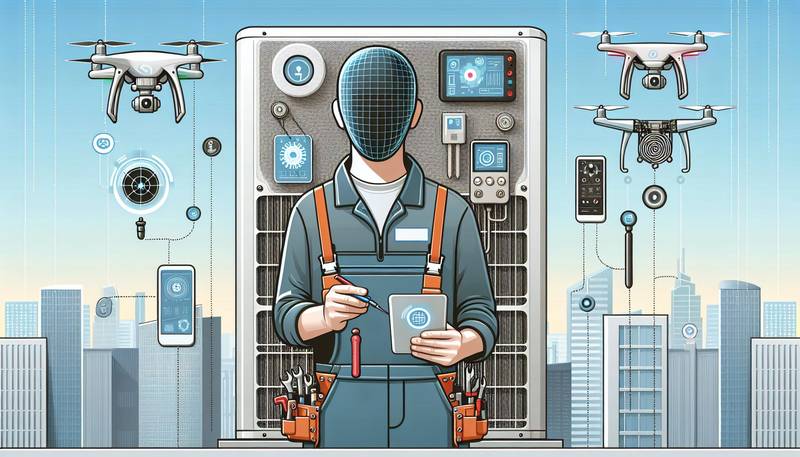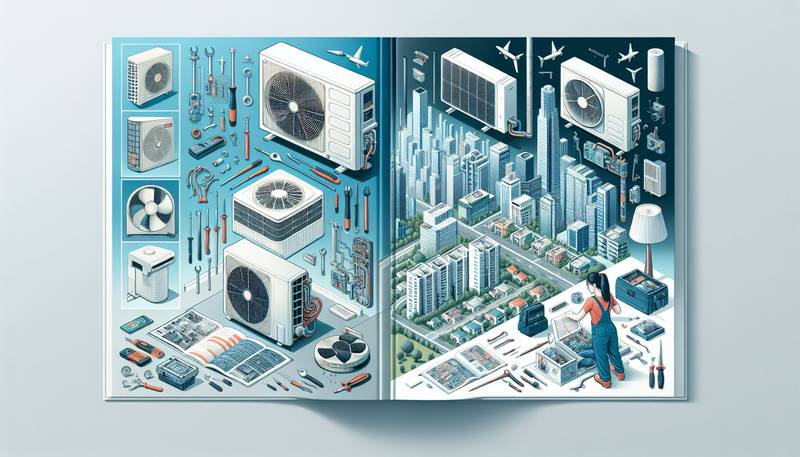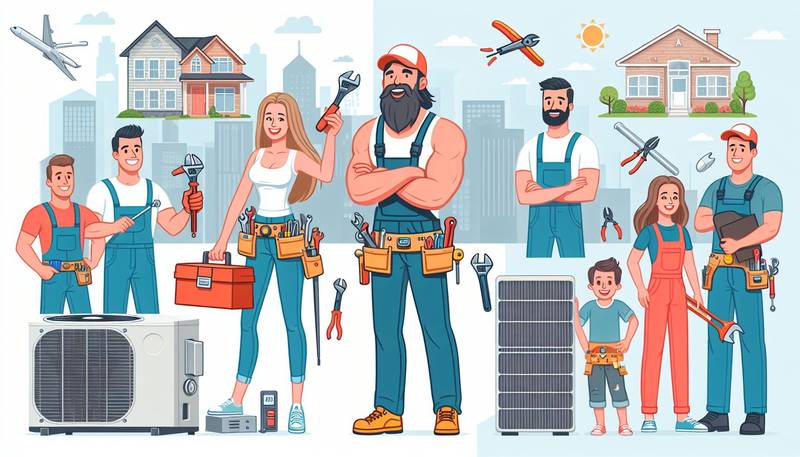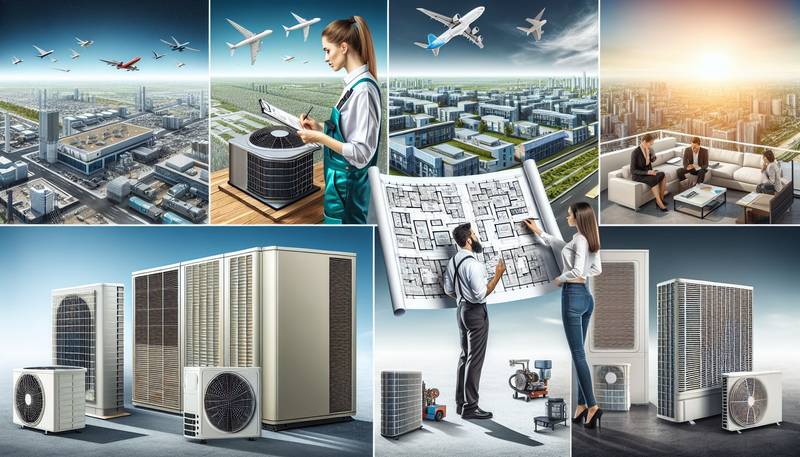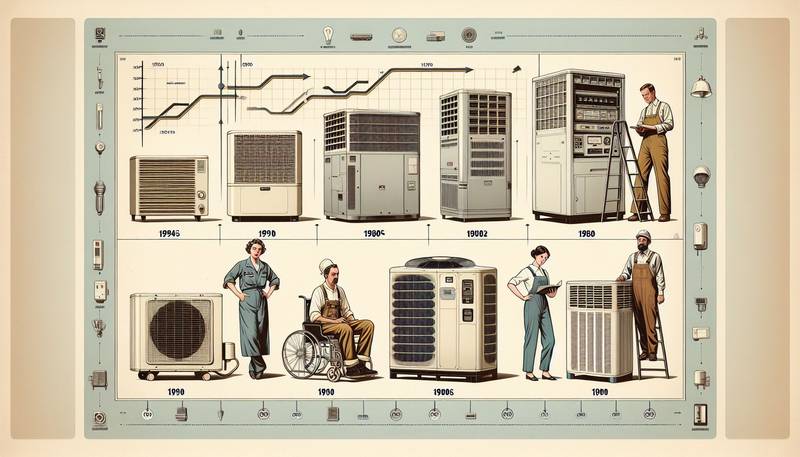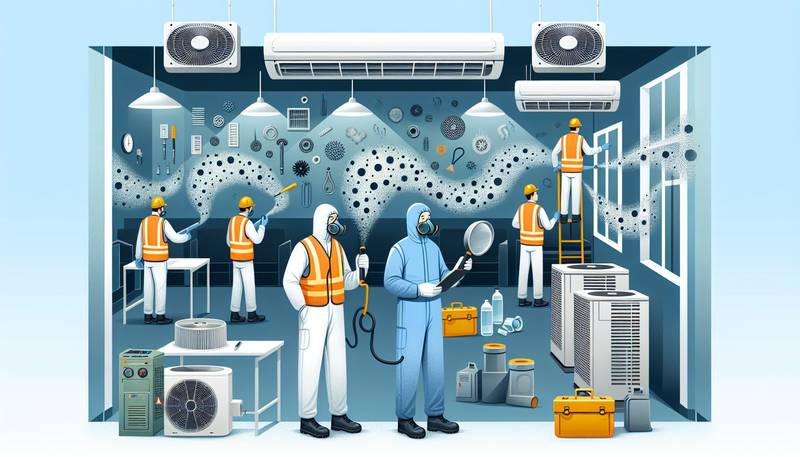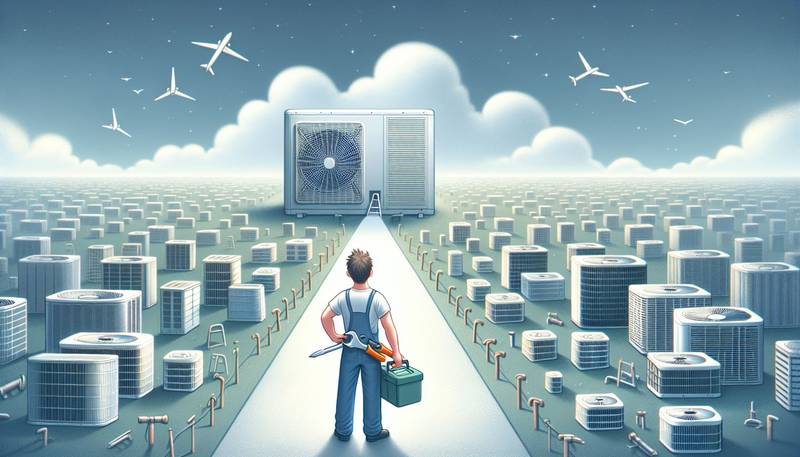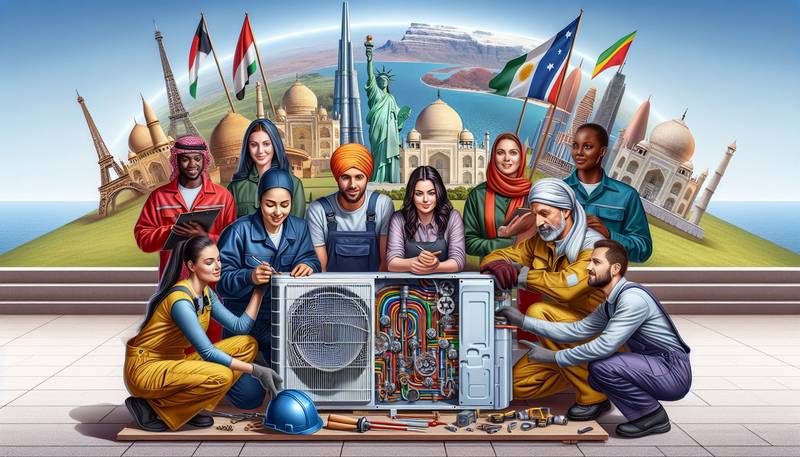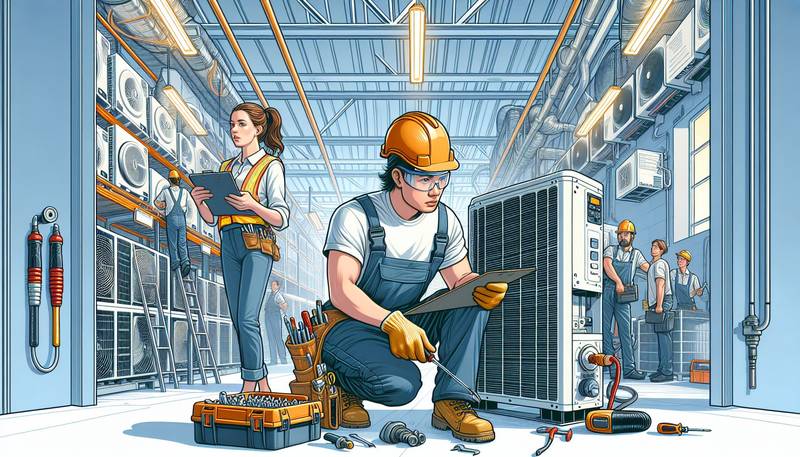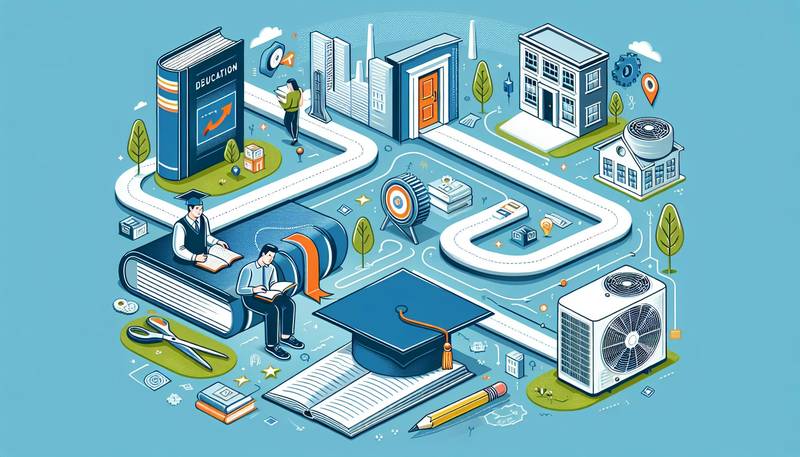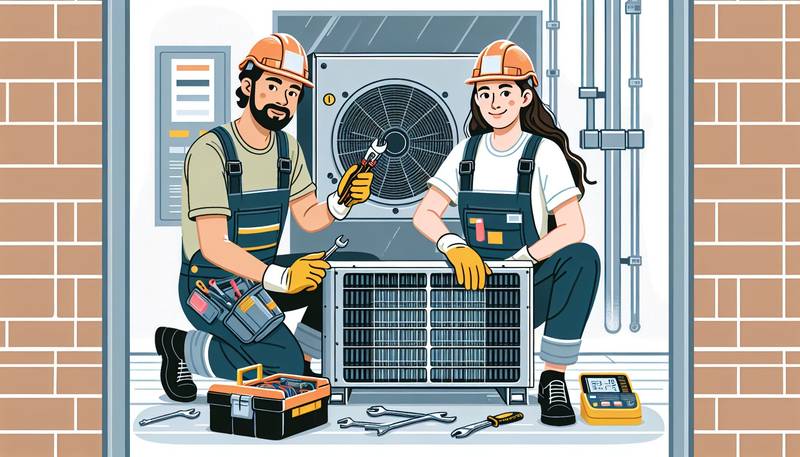Emerging Technologies and Their Impact on Air Conditioning Careers
Emerging technologies are revolutionizing the way air conditioning systems are designed, installed, and maintained, and these advancements are having a profound impact on careers in the industry.
The Rise of Energy-Efficient Systems
One of the most significant trends in the air conditioning industry is the shift towards energy-efficient systems. With growing concerns about climate change and sustainability, there is a strong push towards reducing energy consumption and greenhouse gas emissions in all sectors, including HVAC. As a result, new technologies such as variable refrigerant flow (VRF) systems, solar-powered air conditioners, and geothermal heat pumps are becoming more popular. These systems not only help reduce energy costs for consumers but also create new opportunities for professionals in the air conditioning industry.
Opportunities in Green Building Design
The emphasis on energy efficiency in air conditioning systems has led to an increased demand for professionals who are knowledgeable about green building design and sustainable HVAC practices. Architects, engineers, and contractors are now seeking out experts who can help them design and implement environmentally friendly air conditioning solutions. Careers in green building design offer the opportunity to work on cutting-edge projects that prioritize sustainability and have a positive impact on the environment.
Automation and Smart Technology
Another key development in the air conditioning industry is the integration of automation and smart technology into HVAC systems. Smart thermostats, building automation systems, and remote monitoring tools are revolutionizing the way air conditioning systems are controlled and maintained. These technologies allow for more precise temperature control, improved energy efficiency, and proactive maintenance scheduling. As a result, professionals in the air conditioning industry are now required to have skills in automation, data analytics, and software programming to keep up with these advancements.
The Demand for Skilled Technicians
While technology is reshaping the air conditioning industry, the demand for skilled technicians remains high. As more complex systems are being installed, serviced, and repaired, there is a growing need for technicians who have the technical knowledge and hands-on experience to work on this equipment. In addition to traditional HVAC skills, such as refrigeration and electrical systems knowledge, technicians are now expected to be proficient in troubleshooting and repairing digital control systems and smart devices. As a result, there are ample opportunities for qualified technicians to enter and advance in the air conditioning field.
Training and Education
To stay competitive in the evolving air conditioning industry, professionals must invest in ongoing training and education. As new technologies are introduced, it is essential for individuals in the field to stay up-to-date on the latest advancements and best practices. Many organizations offer specialized training programs and certifications in areas such as energy efficiency, green building design, and smart technology integration. By investing in training and education, professionals can enhance their skills, stay current with industry trends, and position themselves for success in their air conditioning careers.
Conclusion
As emerging technologies continue to transform the air conditioning industry, professionals in the field must adapt to stay relevant and competitive. Energy-efficient systems, green building design, automation, and smart technology are shaping the future of air conditioning careers, creating new opportunities and challenges for those in the industry. By embracing these advancements, investing in training and education, and honing their skills, professionals can position themselves for success in a rapidly changing and dynamic field.
